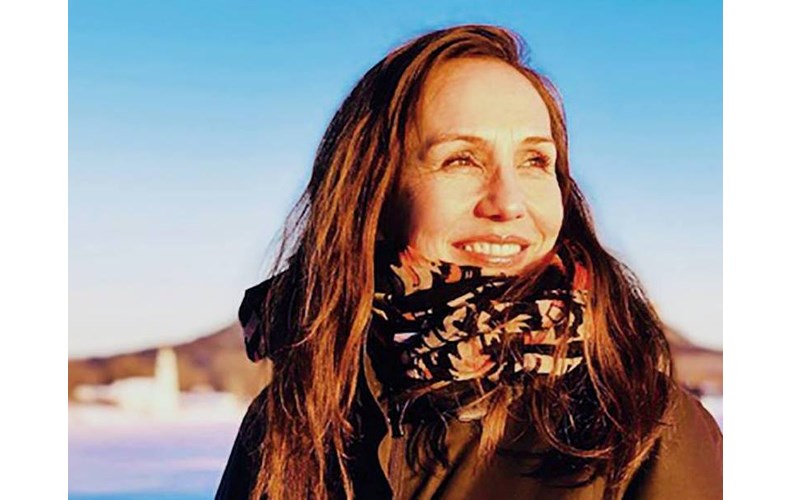Carrier Sekani Tribal Council will be delivering care packages to vulnerable indigenous and non-indigenous people in Prince George starting on Saturday.
Carrier Sekani Tribal Chief Mina Holmes said the initiative is an expansion of community efforts already happening on reserves in the tribal council's seven member First Nations. The Carrier Sekani Tribal Council is a coalition of the Ts’il Kaz Koh, Nadleh Whut’en, Saik’uz, Stellat’en Takla Lake, Tl’azt’en and Wet’suwet’en First Nations.
"We're all in this together. Our big worry is the elderly and pensioners.. And single parents with limited incomes are of special concern," Holmes said. "We have care packages we'd like to start delivering on the weekend."
Holmes said she knows many people are self-isolating and can't easily get out to shop, and many people struggle to afford the food and essentials they need during normal times. Many families who weren't struggling before the COVID-19 pandemic are now facing reduced work hours and layoffs, she added.
To nominate somebody to receive a care package, send an email to Alberta Alec at [email protected], or call or text 250-562-6279. Include the recipient's first and last name, phone number, email address, physical address for delivery, band membership if known or relevant, and the type of care package needed: elders and the elderly, families with children, couples and singles, or homeless people.
Care packages are expected to be delivered between Saturday and Tuesday.
Holmes also co-founded a Facebook group called COVID-19 Coming Together (Prince George), where Prince George residents can reach out and help each other get through the pandemic. The page can be found online at www.facebook.com/groups/592477238009231/.
"It's not easy asking for help," Holmes said. "(But) they can post what they need."
People have posted asking for help with things like groceries, diapers, baby formula and other essentials, and members of the community able to help have stepped up to help their neighbours in need, she said.
RESPONDING TO COVID-19
Like all communities in Canada, First Nations are grappling with the impact of the COVID-19 pandemic and trying to respond to the ever-changing needs, Holmes said.
"They're all in crisis management mode right now," Holmes said. "They're setting up road checks... encouraging people to stay home, wash your hands."
The Carrier Sekani Tribal Council is also doing the best it can to reach out to members living off reserve, to offer what support they can, she said.
"It's really important that people have current information and accurate information," Holmes said.
The tribal council has been reaching out to youth to offer support and providing information on crisis lines they can call if they need to talk to someone, she said. First Nations youth have the highest rate of suicide in Canada, and the social distancing measures being enforced could leave vulnerable youth feeling alone and unsupported
Many First Nations administrative offices are closed or running on limited hours, and some staff have been given the option to take a layoff or altered duties.
"This has changed the way we do business. Work has not slowed down one bit," Holmes said. "My schedule has not slowed down at all. Although I am self-isolating, and working from home."
First Nations' businesses also have been hit hard, the same as businesses throughout Prince George, Canada and the world, she said.
"Everyone is experiencing the struggle to make payroll and minimize layoffs," she said.


.png;w=120;h=80;mode=crop)
